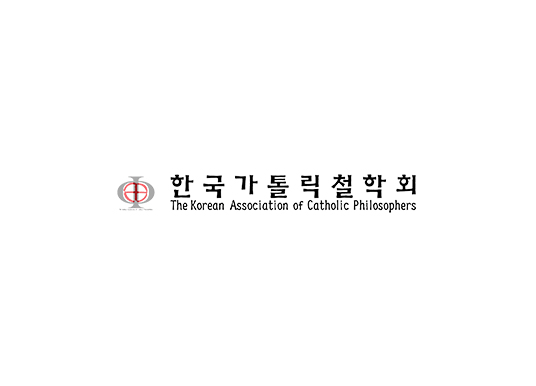성 토마스 아퀴나스 정치철학의 근본 원리들
Some Main Principles of St. Thomas’ Political Philosophy
장욱
연세대학교
가톨릭철학
2003, vol., no.5, pp. 7-54 (48 pages)
G704-001490.2003..5.005
한국가톨릭철학회
1. 서 론
2. 성 토마스의 정치철학과 연관된 신학적, 형이상학적,인간학적 그리고 윤리학적 원리들
3. 성 토마스의 정치철학의 원리들
4. 성 토마스의 정치사상
5. 사회의 정의(justitia socialis)
6. 결 론
Abstract
St. Thomas has not left us a systematic political philosophy. This essay intends to give a rough sketch of what elements his systematic political philosophy would contain. For that purpose, this essay attempts to bring together some of St. Thomas’ philosophical principles and doctrines which have direct relevance to the political life. In doing so, this paper abstracts as much as possible the philosophical elements from his speculative theology. The content of this essay is nothing more than a brief survey of those principles and doctrines of his.
Main presuppositions of his political philosophy are as follows: 1. God’s existence as the creator and supreme governor of the world. 2. His understanding of man: man as creature of God, made in His image, as a being of eudaemonia, as a spiritual being and a person, his supernatural life of grace and his supernatural destiny. 3. His doctrine of laws and the natural law, his doctrine of moral virtues including justice, his theories of peace, of just war and self-defence and his doctrine of theological virtues including charity.
Main features of his political philosophy are as follows: 1. The human political community is nothing more than a portion of God’s kingdom so that the political power and authority are an aspect of God’s indirect government of the world through the secondary causes and, as any power and authority, have their origins ultimately in Him. 2. Man is by nature a social and political being and, therefore, the political community is a
natural institution and the coercive character of law enforcement is a result of the original sin. 3. The political community should indirectly support and promote beyond its material, educational and moral aspirations, the life of grace of the Christians and their vocation to the supernatural destiny. 4. The political community should be founded on the demands of justice and the political power and authority and social
order should be bound by just laws. 5. The ruler and the citizens are all ordained to the common good in their own ways. 6. Against an unjust rule, the community as a whole has the right (and at times the obligation) of resistance. 7. The secular power is not excluded from the ecclesiastical power but the church, however, may not intervene in the affairs of the secular power as long as the latter fulfills its own functions within the limits of the natural law. 8. The political community should aim at peace which is the tranquility of order in each member, among the members and in the community at large. Peace may be considered as a work of justice insofar as justice prohibits obstacles for attaining it. Peace, however, is properly an effect of charity.
As in other areas of philosophy, St. Thomas has left us a number of valuable insights in political philosophy. His principles are not only very accurate but also very often ultimate; and his theses are very objective and well-balanced. The intellectual acumen and wisdom contained in these principles and theses reveal that they are not simply works of a talented philosopher but of a genius. St. Thomas’ political thought as a whole is as comprehensive as it is profound. It is my opinion that his understanding of human person and human rights, his theory of law and natural law, his theories of justice, right resistance, of just war and self-defence and peace, etc. can serve for generations to come as guidelines in creating a genuinely human political community.

